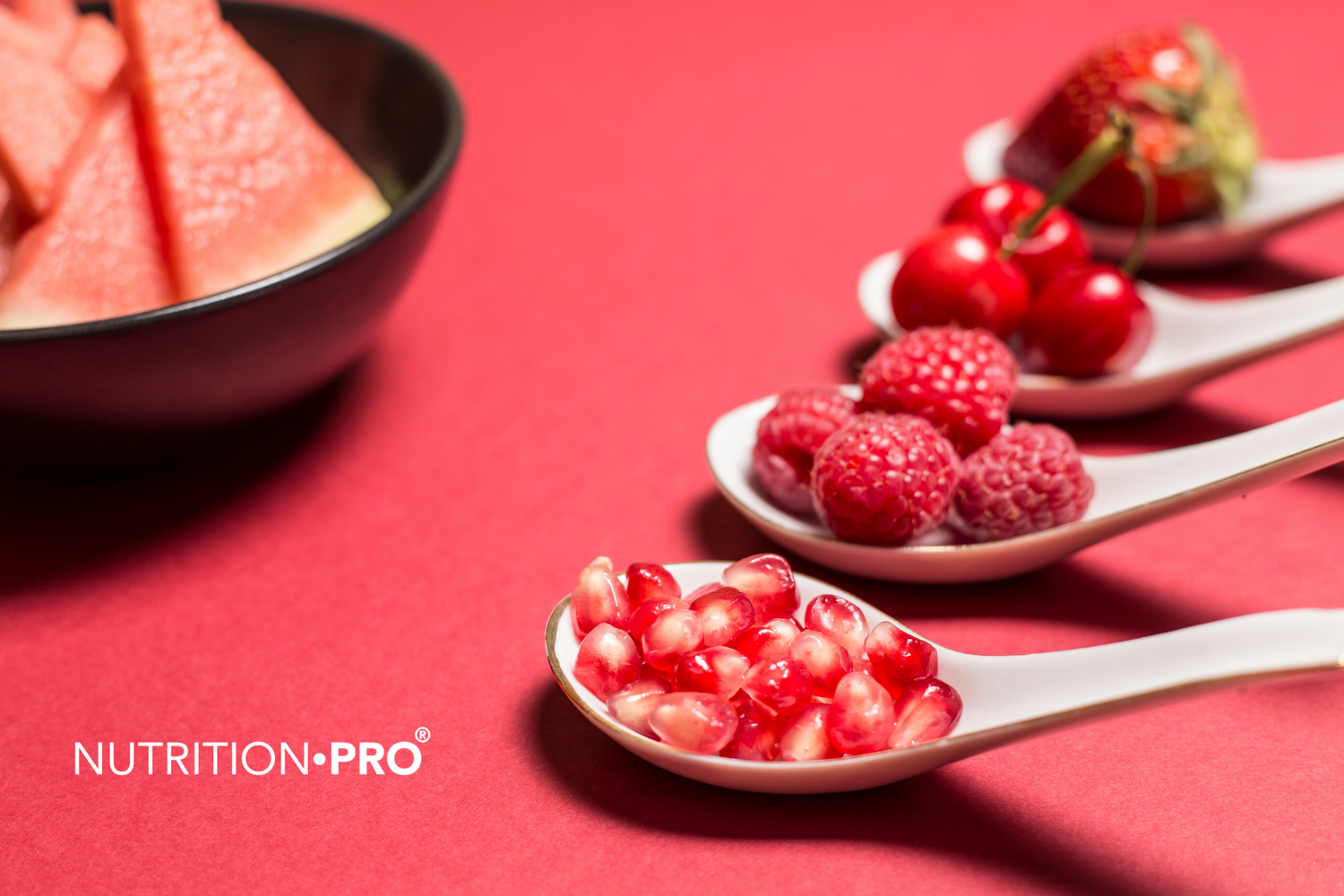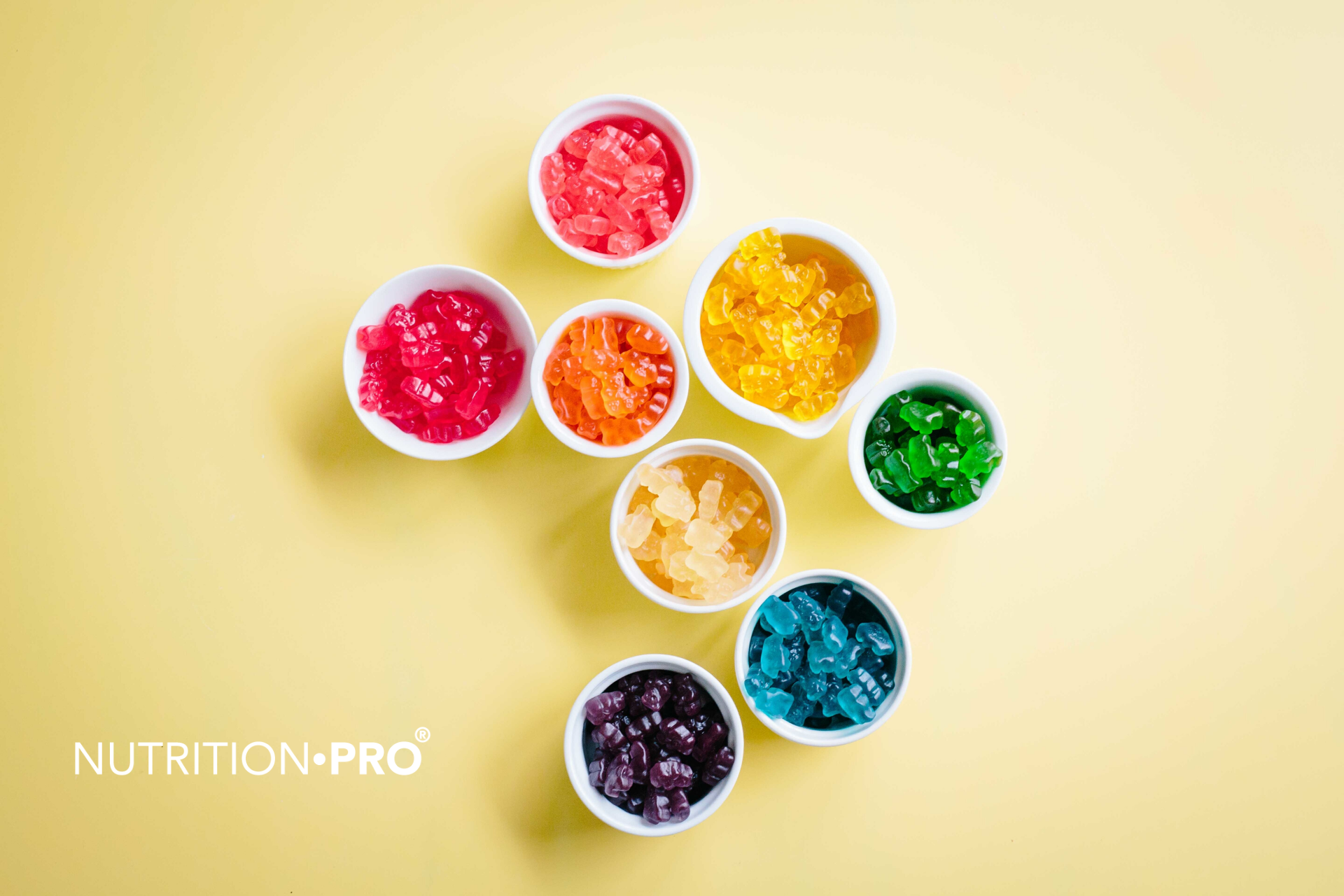You've probably heard of antioxidants before.
However, few people really know what they are and how they work.
What are antioxidants?
Antioxidants are molecules that fight free radicals in your body.
Free radicals are compounds that can cause damage if their levels get too high in your body. They are linked to premature aging as well as multiple diseases, including diabetes, heart disease and cancer .
Your body has its own antioxidant defenses to control free radicals.
However, antioxidants are also found in foods, especially in fruits , vegetables, and other whole, plant-based foods. Several vitamins, such as vitamins E and C, are effective antioxidants .
Antioxidant preservatives also play a crucial role in food production by increasing shelf life.

Discover our our powerful, complete and unique formula combines the best antioxidants by clicking here
How do free radicals act?
Free radicals are constantly forming in your body.
Without antioxidants, free radicals would cause severe damage very quickly, eventually leading to death.
However, free radicals also perform important functions that are essential for health .
For example, your immune cells use free radicals to fight infections .
As a result, your body must maintain a certain balance between free radicals and antioxidants.
When free radicals outnumber antioxidants, it can lead to a condition called oxidative stress .
Prolonged oxidative stress can damage your DNA and other important molecules in your body. Sometimes it even leads to cell death.
Damage to your DNA increases your risk of cancer, and some scientists have speculated that it plays a central role in the aging process.
Several lifestyle, stress and environmental factors are known to promote excessive free radical formation and oxidative stress, including:
- Air pollution
- The tobacco
- alcohol
- Toxins
- blood sugar high
- A high intake of polyunsaturated fatty acids
- UV, including excessive sunbathing
- Bacterial, fungal or viral infections
- Excessive consumption of iron, magnesium, copper or zinc
- Too much or too little oxygen in your body
- Intense and prolonged exercise, which damages the tissues
- Excess intake of antioxidants, such as vitamins C and E
- A deficiency in antioxidants
Prolonged oxidative stress leads to an increased risk of negative health effects, such as cardiovascular disease, cellular aging and certain types of cancer.
What are the most powerful antioxidants?
1. N-acetylcyteine
Cysteine is a semi-essential amino acid.
It is considered semi-essential because your body can produce it from other amino acids, namely methionine and serine. It only becomes essential when dietary intakes of methionine and serine are low.
Cysteine is found in most protein-rich foods, such as chicken, turkey, yogurt, cheese, eggs, sunflower seeds, and legumes.
N-acetyl cysteine (NAC) is a supplemental form of cysteine.
Consuming enough cysteine and NAC is important for a variety of health reasons, including replenishing your body's most powerful antioxidant, glutathione. These amino acids also help with chronic respiratory disease, fertility, and brain health.
2. Alpha lipoic acid
The antioxidant properties of alpha-lipoic acid have been linked to several benefits, including lower blood sugar, reduced inflammation , slowed skin aging, and improved nerve function.
Humans only produce alpha-lipoic acid in small amounts. This is why many turn to certain foods or supplements to optimize their intake.
Animal products like red meat and organ meats are great sources of alpha-lipoic acid, but plant foods like broccoli, tomatoes, spinach, and Brussels sprouts also contain it.
That said, supplements can contain up to 1,000 times more alpha-lipoic acid than dietary sources.
3. Glutathione
Glutathione is an antioxidant produced in cells. It is largely composed of three amino acids: glutamine, glycine and cysteine.
Glutathione levels in the body can be reduced by a number of factors, including poor diet, environmental toxins, and stress. Its levels also decline with age.
Cell death in the liver can be exacerbated by a deficiency in antioxidants, including glutathione. This can lead to fatty liver disease in those who abuse alcohol and in those who don't. Glutathione has been shown to improve protein, enzyme, and bilirubin levels in the blood of people with chronic alcoholic and non-alcoholic fatty liver disease.
One study reported that glutathione was most effective when given to people with fatty liver disease intravenously, in high doses. Study participants also showed reductions in malondialdehyde, a marker of cell damage in the liver.
Another small study found that oral glutathione had positive effects on people with non-alcoholic fatty liver disease following proactive lifestyle changes. In this study, glutathione was provided in supplement form at a dose of 300 milligrams daily for four months.
4. Vitamin C
Vitamin C is a water- soluble vitamin and an essential antioxidant that plays many roles in your body. It promotes wound healing, collagen formation and immunity.
The RDA for vitamin C is 45-120 mg depending on your age and gender.
Vitamin C supplements should meet the RDA and stay well below the established UL - 400 for young children, 1200 mg for children aged 9-13, 1800 mg for adolescents and 2000 mg for the adults.
Consuming a variety of vitamin C-rich fruits and vegetables can also go a long way in supporting optimal health and well-being.
5. Coenzyme Q10
CoQ10 is a fat-soluble vitamin-like compound that appears to have many health benefits.
It is involved in the production of cellular energy and serves as an antioxidant.
These properties make it useful in the preservation of cells and the prevention and treatment of certain chronic diseases.
CoQ10 has been shown to help improve heart health and blood sugar regulation, aid in the prevention and treatment of cancer, and reduce the frequency of migraine headaches.
It may also reduce oxidative damage that leads to muscle fatigue, skin damage, and brain and lung disease.
CoQ10 can be found in supplement form which appears to be well tolerated. In addition, it is found in certain foods such as animal organs, vegetables and legumes.
Since CoQ10 production declines with age, adults of all ages may benefit more.
Whether you eat more foods high in CoQ10 or take supplements, CoQ10 could benefit your health.
6. Zinc
Many people turn to zinc lozenges and supplements when they start to feel bad, and for good reason.
Not only is zinc one of the most abundant trace minerals in your body, but it also plays a key role in almost every aspect of health. For example, zinc is required as a cofactor for over 300 different enzymes, which means it is necessary for them to function properly.
Plus, with research showing this mineral can improve immune function, stabilize blood sugar, and support healthy skin, eyes, and heart, there are plenty of reasons to make sure you get your daily dose.
7. Vitamin E
Because vitamin E acts as a powerful antioxidant in the body, studies have shown that supplementing in high doses can reduce markers of oxidative stress and boost antioxidant defenses in certain populations.
For example, a 2018 study in 54 people with diabetic nephropathy — kidney damage caused by high blood sugar — found that supplementing with 800 IU of vitamin E daily for 12 weeks significantly increased glutathione peroxidase levels ( GPx) compared to placebo.
GPx is a group of antioxidant enzymes that protect your cells against oxidative damage.
A 2021 study also showed that daily supplementation with a combination of vitamin E and vitamin C for 8 weeks reduced markers of oxidative stress, such as malondialdehyde and ROS, in women with endometriosis.
8. Manganese
Manganese is part of the antioxidant enzyme superoxide dismutase (SOD), which is arguably one of your body's most important antioxidants.
Antioxidants help protect against free radicals, which are molecules that can damage cells in your body. Free radicals are thought to contribute to aging, heart disease and some cancers.
SOD specifically helps fight the negative effects of free radicals by converting superoxide - one of the most dangerous free radicals - into smaller molecules that won't harm your cells.
In a study of 42 men, researchers concluded that low SOD levels and low total antioxidant status may play a greater role in heart disease risk than total cholesterol or triglyceride levels .
Another study showed that SOD was less active in people with rheumatoid arthritis, compared to people without the condition.
Therefore, researchers have proposed that an adequate intake of antioxidant nutrients may reduce the generation of free radicals and improve antioxidant status in people with the disease.
As manganese plays a role in SOD activity, consuming the mineral may help reduce the risk of disease.
9. Selenium
Free radicals often get a bad rap, but they are essential to your health. They perform important functions, including protecting your body from disease.
However, things like smoking, drinking alcohol, and stress can cause excess free radicals. This leads to oxidative stress, which damages healthy cells.
Oxidative stress has been linked to chronic diseases such as heart disease, Alzheimer's disease and cancer, as well as premature aging and the risk of stroke.
Antioxidants like selenium help reduce oxidative stress by controlling the number of free radicals.
They work by neutralizing excess free radicals and protecting cells from damage caused by oxidative stress.
Conclusion
All these ingredients that make up our antioxidant supplement are necessary for the good health of your body. And how easy it is to find them all together in one and the same capsule.















